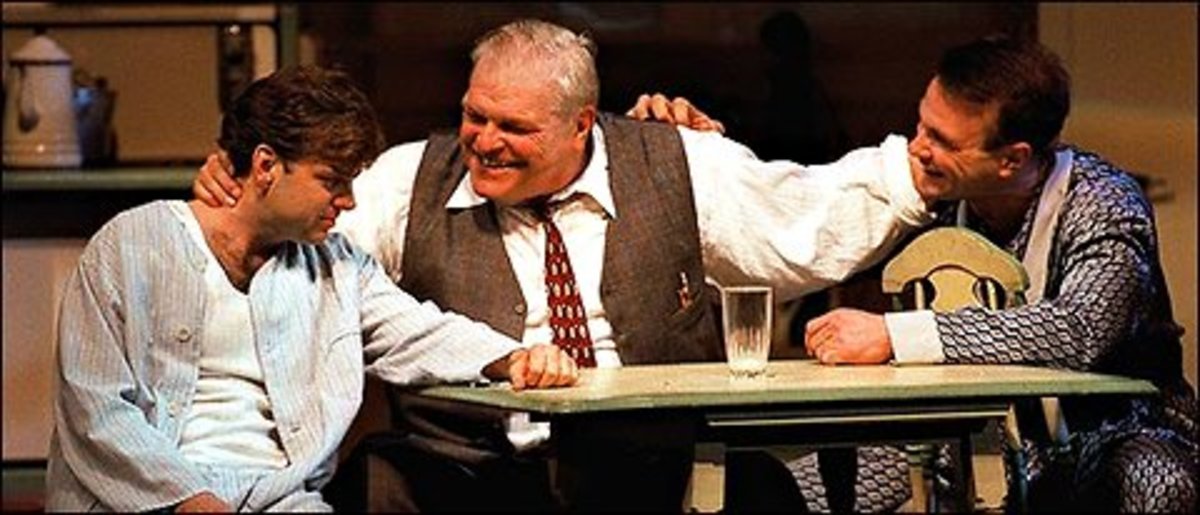

According to Miller again, Salesman "is one continuous poem." Equally controversial in 1949 was Miller's idea that Salesman was a tragedy of the common man. His use of time-not flashbacks or interruptions, he is quick and right to point out-was highly experimental, proleptic. Miller's accomplishments in Salesman were revolutionary for 1949, fundamental for 1999, the play's golden anniversary. As Miller himself noted, "I think it is true that wherever there is theater in the world, it has been played."

Miller has looked with compassion into the hearts of some ordinary Americans and quietly transferred their hope and anguish to the theater." Twenty-five years after the premiere, London critic Harold Hobson pronounced Salesman, along with A Streetcar Named Desire and Long Day'sJourneyinto Night, "one of America's three greatest plays." This trinity of plays represented the best American theater offered to an admiring audience of world theatergoers. It is so simple in style and so inevitable in theme that it scarcely seems like a thing that has been written and acted. I'm not so sure he hasn't written a great American play." Brooks Atkinson proclaimed in the New York Times that "Miller has written a superb drama. Eugene O'Neill gave the play his imprimatur: "Miller's bolder than I have been. Running for 742 Broadway performances, Salesman entered the canon of American theater with glory. Few things in Broadway history can have had so sensational a build-up: fewer still-which is far more wonderful-have been so breathlessly received when they arrived. Whoever you met that had caught the show out of town had clearly seen a masterpiece already, and behaved a little as if he had seen a ghost.


 0 kommentar(er)
0 kommentar(er)
